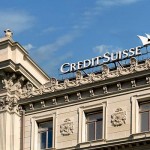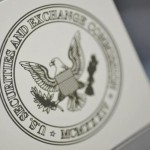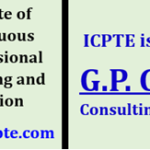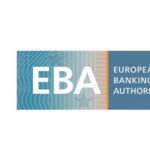BNP Paribas, U.K. Fraud Raids, Taiwan Rules: Compliance
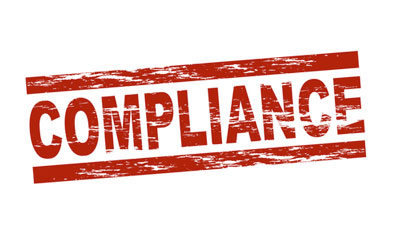
BNP Paribas SA (BNP) has given investors scant information about how much it expects to pay to settle a criminal probe of U.S. sanctions violations.
The bank told shareholders at an annual meeting on May 14 that the settlement might be significantly more than the $1.1 billion it had set aside for the case. On May 29, Bloomberg News, citing a person familiar with the matter, reported that U.S. authorities have demanded more than $10 billion. Since then, the bank hasn’t provided additional information about the possible size of a settlement.
BNP Paribas, France’s largest bank, isn’t required under international or U.S. accounting standards to disclose more. The bank is scheduled to report earnings on July 31. The lender, which has said it’s cooperating with U.S. authorities, declined to comment on the investigation and its disclosures.
Companies have traditionally been reluctant to disclose much about pending litigation, saying it undermines their negotiating position by tipping the other side about the minimum they expect to pay.
Compliance Policy
China Seeks Opinions on Rules to Ban Intellectual-Property Abuse
China is seeking public opinion on rules banning the abuse of intellectual-property rights to restrict competition, according to a statement on the central Chinese government website.
The rules are intended to boost transparency in anti-monopoly law enforcement, according to the statement.
The deadline for feedback is July 10.
Compliance Action
U.K. Fraud Prosecutor Triples Raids After Collapse of Cases
The U.K. Serious Fraud Office tripled the number of raids it carried out in the past year, in a sign the agency is trying to rebuild its image as a tough prosecutor after years of collapsed cases.
The SFO conducted 26 raids from April 2013 to March 2014, compared with eight the year before, according to London-based law firm Pinsent Masons LLP.
That increase follows 12 months of no raids after searches in March 2011, when the SFO arrested U.K. property tycoons Vincent and Robert Tchenguiz. A London court ruled the search warrants were based on “unfair and unjustified” evidence. The case was dropped, and the brothers are suing the fraud office.
The SFO disputed that the Tchenguiz case had a chilling effect on raids carried out by the agency.
“The SFO conducts searches when our investigations require them,” said Jina Roe, a spokeswoman for the agency. “It is entirely normal for the volume of searches to fluctuate over time. There has never been a moratorium on searches.”
Taiwan to Tighten Rules on Chinese Companies’ Forming Branches
Chinese companies are required to have been operating for more than three years with more than NT$6 million ($200,000) of paid-in capital before establishing representative offices in Taiwan, according to a statement on the website of the Ministry of Economic Affairs.
The regulator won’t approve applications from Chinese to set up branches or representative offices in Taiwan if their businesses affect national security or financial stability, according to the statement.
Interviews/Commentary
Robert Heim Speaks About Appeals Court Reversal of Federal Judge
Robert Heim, a partner at Meyers & Heim LLP and a former assistant regional director of the U.S. Securities and Exchange Commission in New York, discussed how Citigroup Inc. (C)’s $285 million mortgage-securities accord with the SEC was revived by the U.S. Court of Appeals in Manhattan, reversing a decision of U.S. District Judge Jed Rakoff. Heim talked with June Grasso and Mark Mills on Bloomberg Radio’s “Bloomberg Law.”
Source: bloomberg












